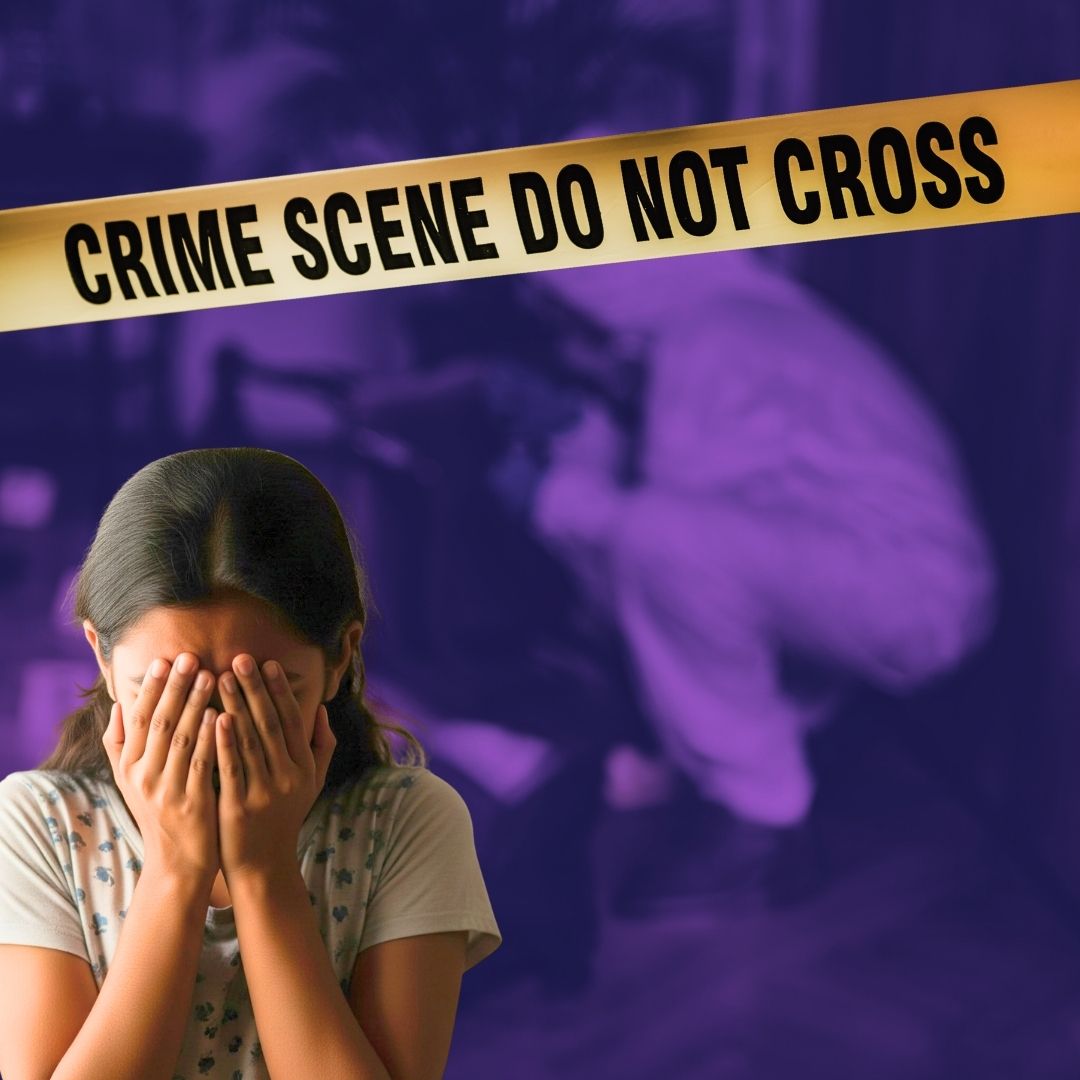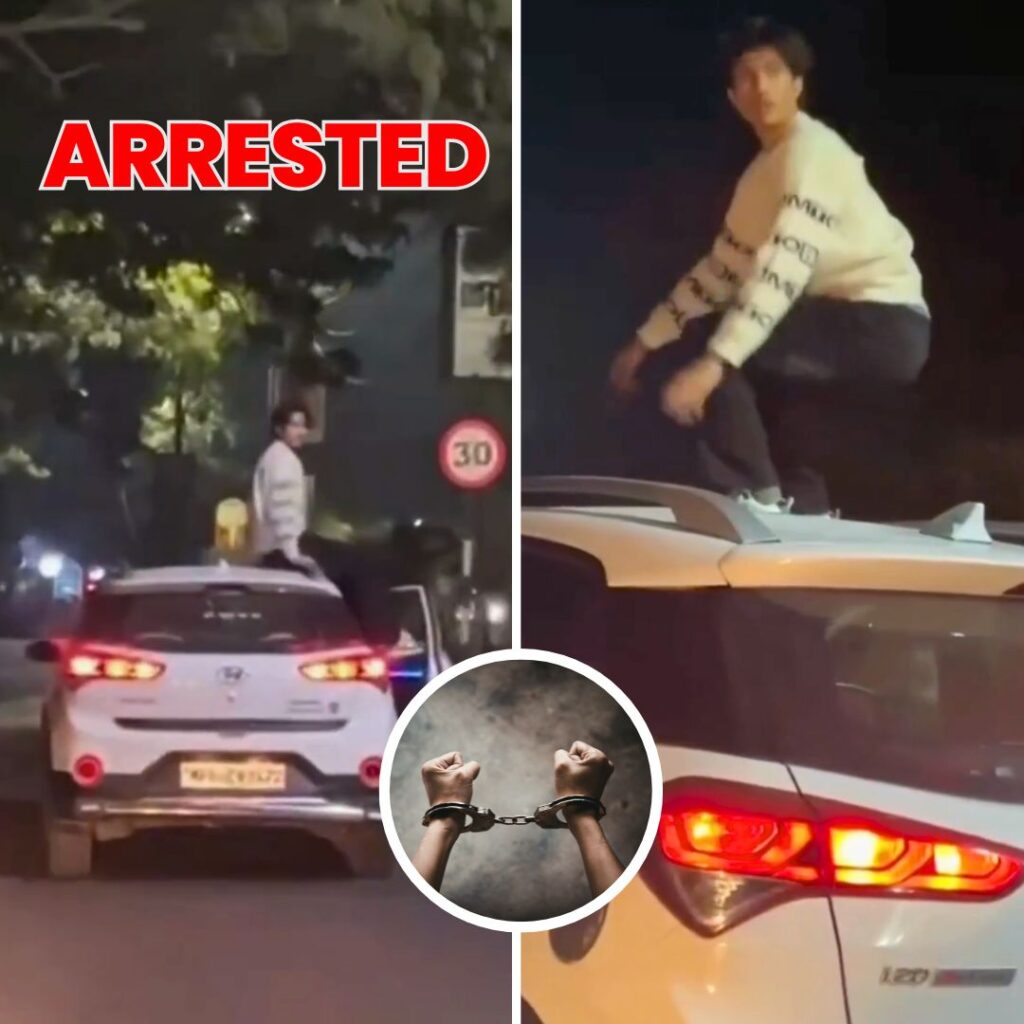A 13-year-old girl from Delhi, who left her home after a dispute with her father, was allegedly trafficked, forcibly married, and sexually assaulted in Shamli, Uttar Pradesh. The police rescued her nearly a month later and arrested four accused, Rajeev, Vikas, Ashu, and Ramanjot Singh.
Officials have assured a thorough investigation, and the girl has been reunited with her family after counselling. The case exposes the dangers faced by vulnerable minors and the elaborate means used by traffickers.
Rescue and Investigation: Swift Action Amidst Grim Revelations
According to police, the minor left her home in JJ Colony, Delhi, on July 21 for tuition but did not return, prompting her family to file a kidnapping complaint. The investigation was multi-layered and involved analysing CCTV footage, scanning 30 phone numbers, and checking suspicious social media accounts. The rescue operation traced her to Shamli, based on a phone call and collaboration between Delhi and UP police.
She was found at Rajeev’s house on August 16, where she had been confined and sexually assaulted after being forcibly married. A fake Aadhaar card portraying her as an adult was fabricated by one of the accused, Ramanjot Singh, using a cyber cafe in Ghaziabad and digital tools. All four accused were booked under multiple sections of the Bharatiya Nyaya Sanhita, the Protection of Children from Sexual Offences (POCSO) Act, and the Prohibition of Child Marriage Act.
The Crime Network and How the Trafficking Unfolded
The girl boarded the metro and travelled to the railway station before heading to Meerut, where she encountered Vikas. She was then passed on to Ashu before being “purchased” by Rajeev.
The traffickers conspired to sell her, even going so far as to forge identity documents, demonstrating premeditated criminal intent. The victim’s statement clearly corroborated the police’s findings, confirming how she was moved between locations and ultimately subjected to sexual violence.
The exhaustive efforts invested in tracing the child included working with national agencies like NCRB and CBI, releasing public notices, and conducting multiple raids across Delhi-NCR and Uttar Pradesh. Deputy Commissioner of Police (Northwest) Bhisham Singh praised the inter-agency cooperation and highlighted the victim’s prompt rescue and her subsequent counselling and reunification with her family.
Vulnerabilities and Challenges in Child Protection
This case shines a light on the multilayered risks faced by minors who leave home in distress, especially girls. Despite existing legal mechanisms and dedicated squads, the elaborate tactics adopted by traffickers, ranging from forging identity documents to inter-state transfers, present immense challenges for law enforcement and child protection systems.
While the successful rescue and arrest of the perpetrators demonstrate police vigilance, gaps remain in community awareness and oversight that allowed the girl to fall victim in the first place. Experts note the importance of timely interventions, improved social safety nets, and increased monitoring of missing child cases.
The Logical Indian’s Perspective
The Logical Indian stands in solidarity with survivors and advocates for urgent, comprehensive reforms in child safety and anti-trafficking mechanisms. Shielding children from trafficking, forced marriage, and sexual abuse is a collective responsibility that demands not only robust policing but also a nurturing social environment where children feel safe seeking help.
We must encourage schools, families, and civil society to foster dialogue, educate minors on risks, and provide support for those in crisis.










